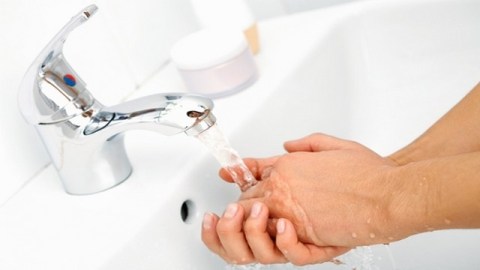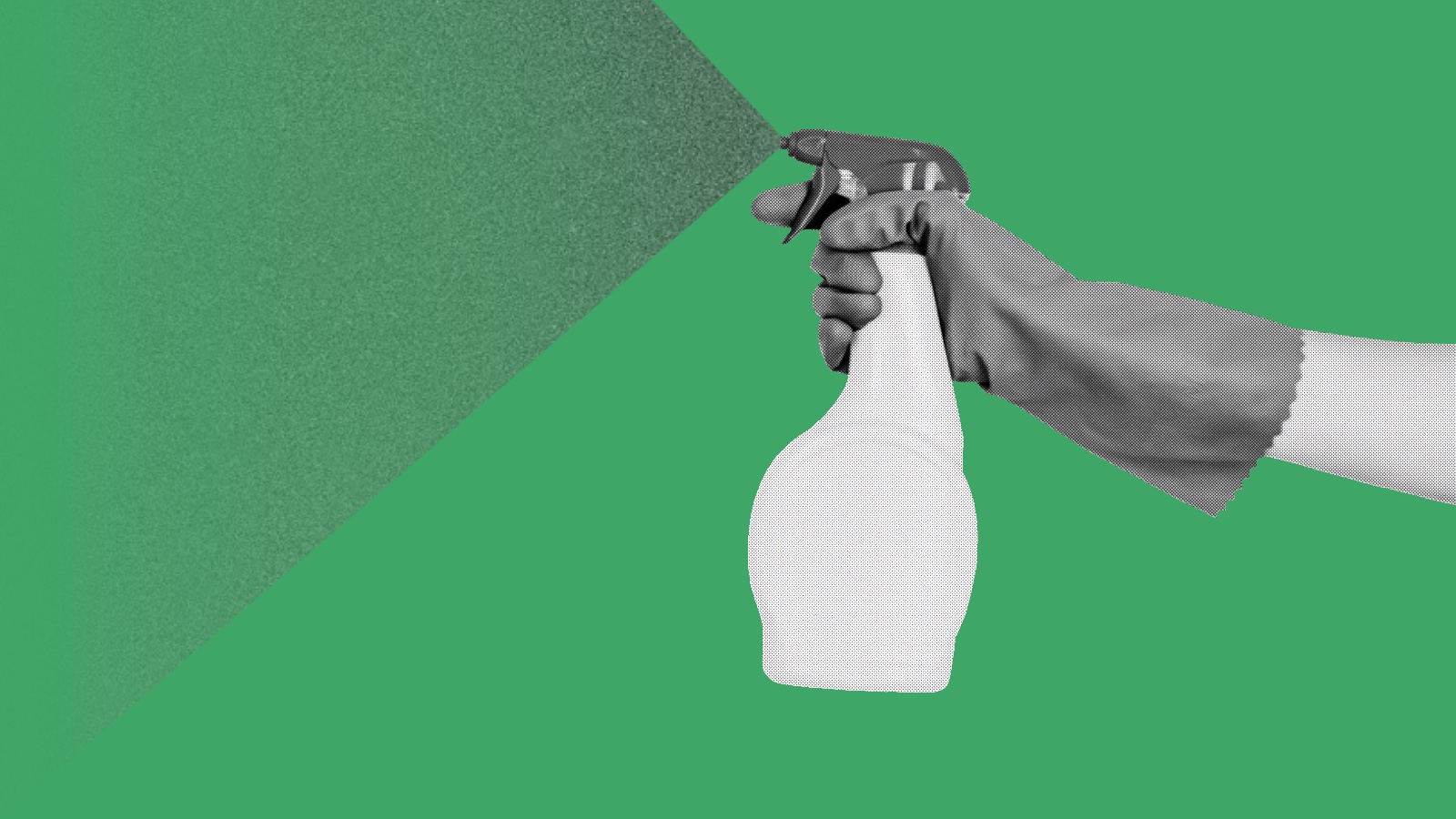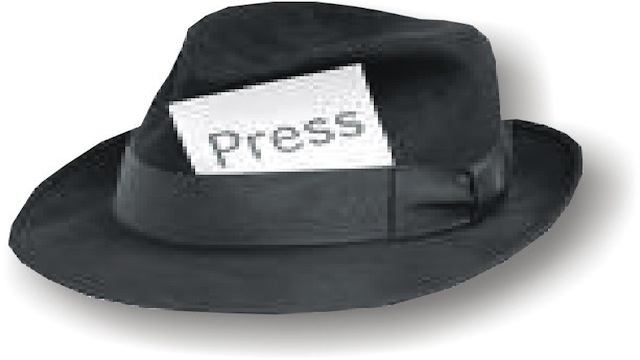How Much Cleaner Does Soap Make Your Hands?

Article written by guest writer Rin Mitchell
What’s the Latest Development?
According to health professionals, washing hands with soap and washing hands with water does pretty much the same thing—cleans and rids hands of most bacteria. Apparently, when a person washes their hands with water and rubs their hands together vigorously they can get rid of the same amount of germs and bacteria that soap does. In fact, depending on how the soap is stored—on the sink where it can create puddle of water, closed areas, etc—the soap can end up developing bacteria and spread the bacteria to hands when used. So even though the hands will smell clean, they really are not. Health professionals say that with good hand washing techniques, using plain water will do the job. It “has been proven in countries where access to soap is limited,” where scientists studied different forms of hygiene using participants in rural Bangladesh. “In households where food was prepared without washing hands, children had diarrhea in 12.5% of monthly assessments compared with 8.3% in households where one hand was washed with water only, 6.9% where both hands were washed with water only, and 3.7% where at least one hand was washed with soap.” In the study, scientists point out that using water alone cut the rate of diarrhea in half. Yes, soap is the better option if it is stored correctly so that it cannot become contaminated, but water alone is pretty sufficient as well. Professionals also pointed out the better option for soap is one with antibacterial agents; however, it is important to use the right kind of antibacterial agents—as there are two types: Fast acting antibacterials like chlorine, alcohol and peroxide, they leave behind no residue and do not wipe out good bacteria; Residue-producing antibacterials are found in the majority of antibacterial soap and they work more slow to eliminate bacteria as well as lead to the development of resistant bacteria.
What’s the Big Idea?
According to scientists, a person can save money on fancy soaps and use water instead. The use of water to wash both hands can eliminate a lot of germs and bacteria that soap can. Soap can actually spread bacteria to the hands if it is not stored correctly to prevent the growth of bacteria. Although health professionals point out that soap does cut down on more bacteria than water alone.




